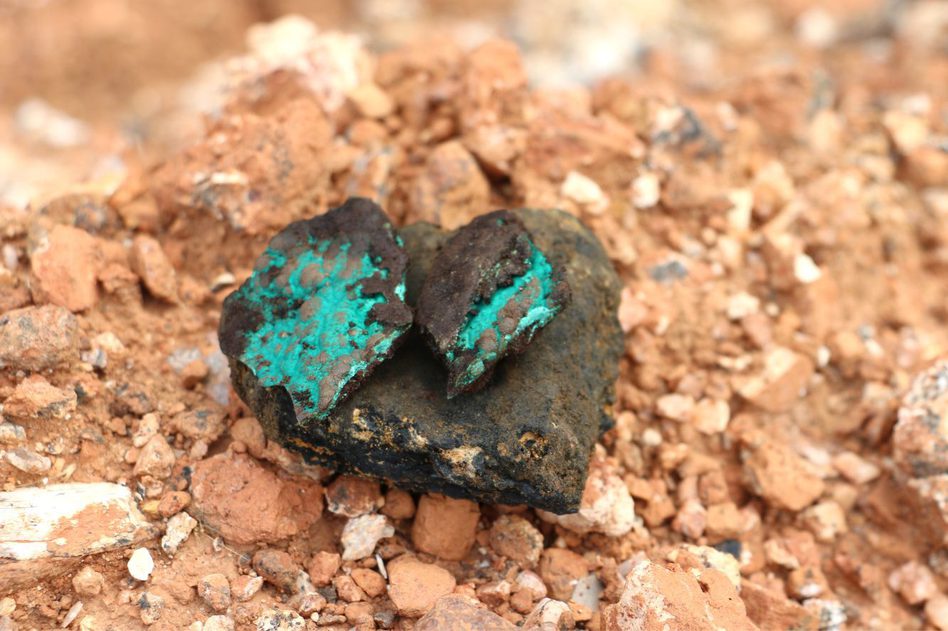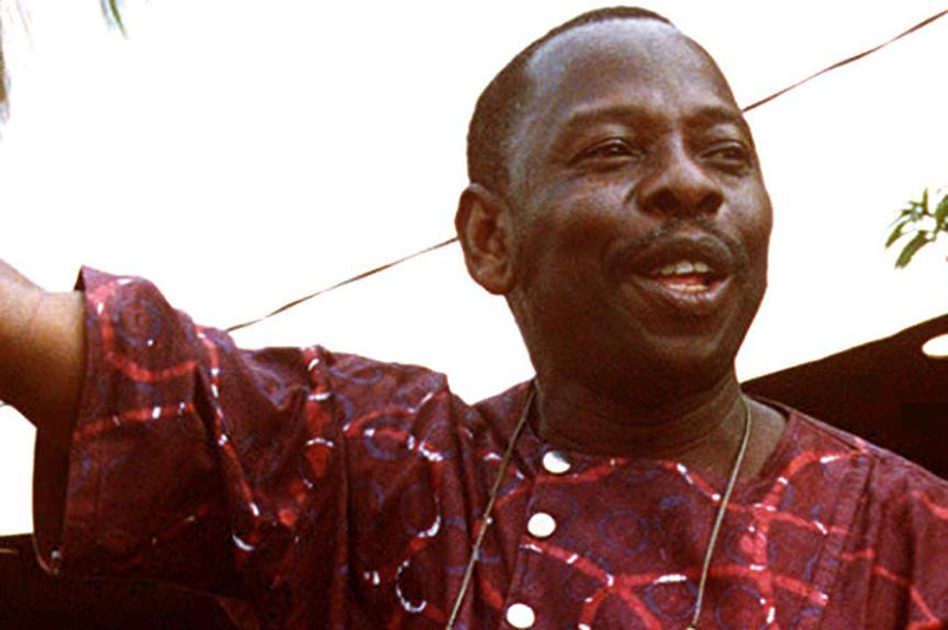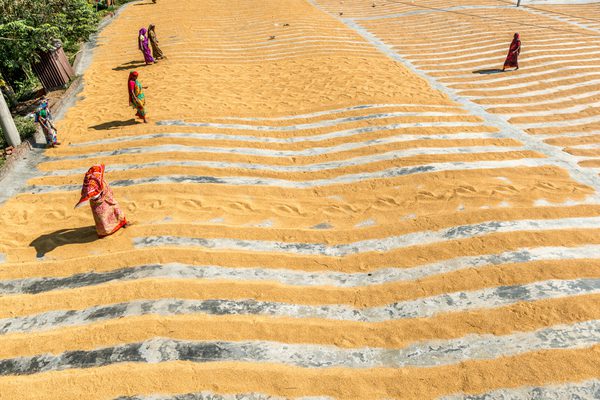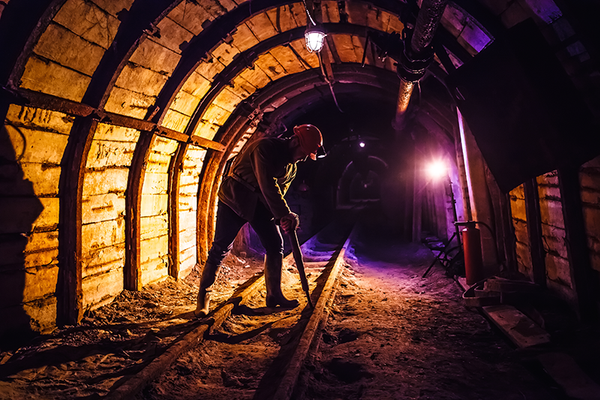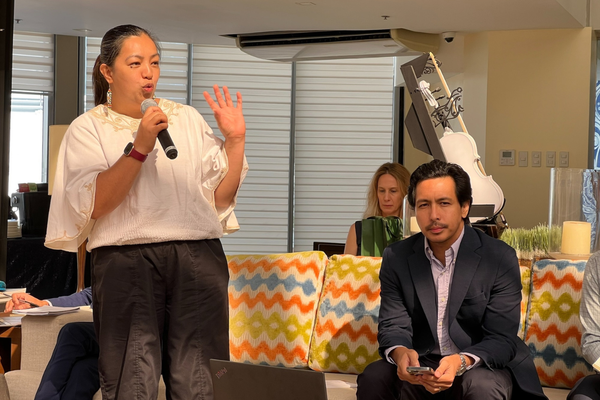Commodities
Strengthening respect for human rights across entire commodity supply chains
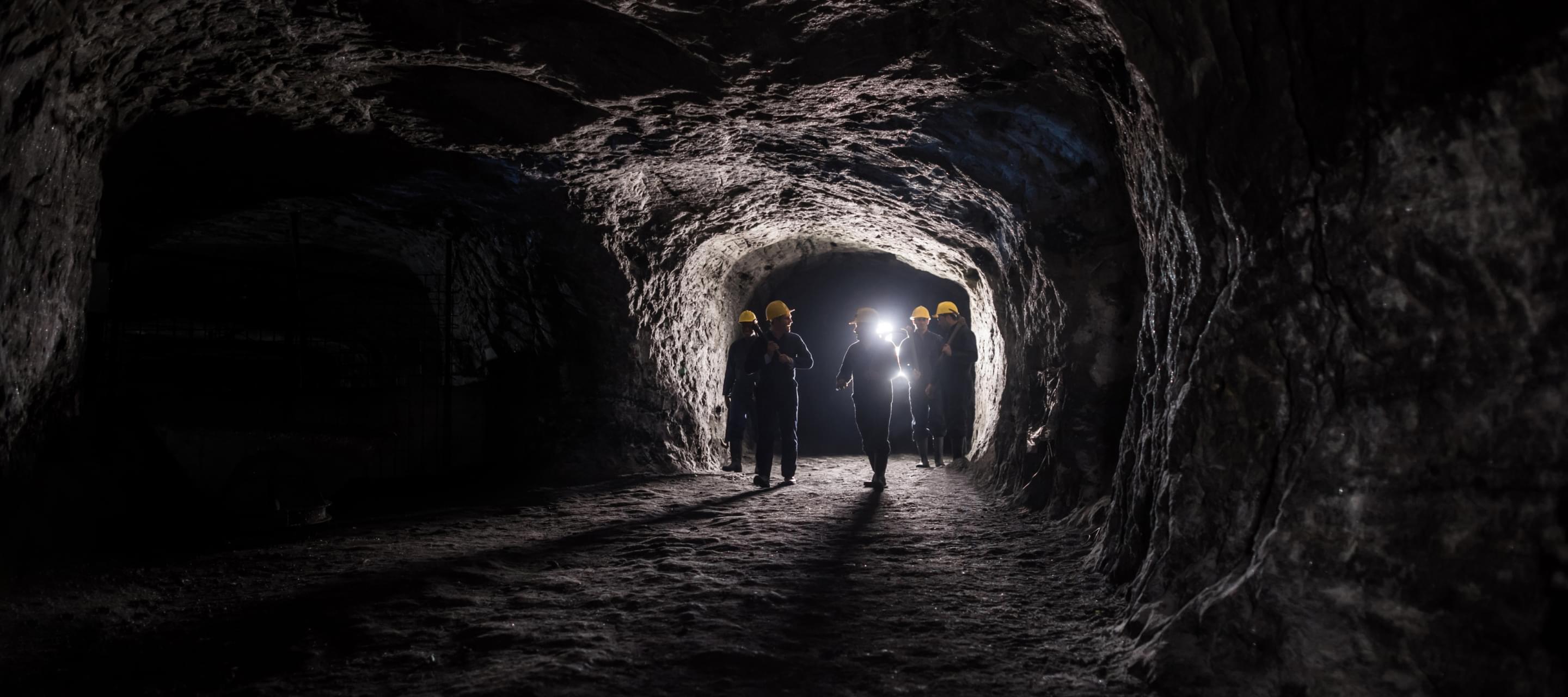
There are hundreds of commodities that are traded across the world daily. Soft commodities are mainly agricultural, ranging from rice to cotton to timber, while hard commodities include coal, oil, as well as rare earth minerals used in the transition to a low carbon economy.
IHRB works on a range of issues relating to trade and commodities, focusing in particular on addressing adverse human rights impacts associated with the extraction of commodities as well as efforts to improve the performance of actors involved in buying, refining, trading and transporting commodities across global markets.
Our approach
The core of the programme focuses on how commodity traders – who are often removed from the production processes – can ensure human rights due diligence on the commodities they trade. We do this by engaging with industry, governments, standards organisations and civil society to raise standards sector-wide. Extraction is of particular focus due to the exponential demand for transition minerals (copper, cobalt etc) needed to accommodate the transition to a low-carbon economy.
Featured Projects

Commodity Trading Sector
Encouraging effective human rights due diligence by commodity trading companies on how and where the commodities they trade are sourced.
Read more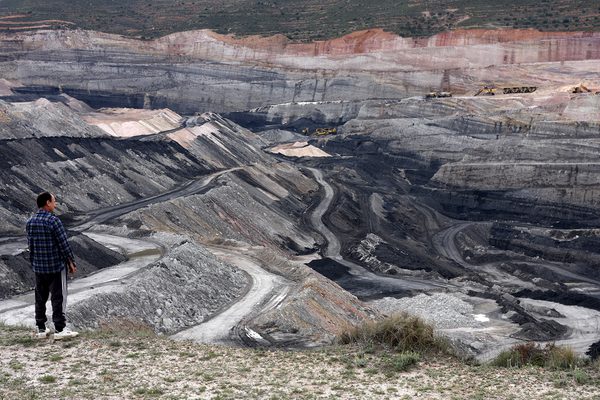
Industry certification and standards for transition minerals
Working with organisations in the commodity sectors on improvement and harmonisation of the various industry standards.
Read more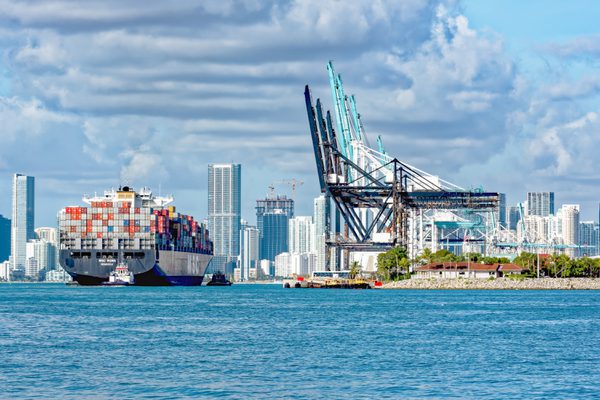
Shipping
Promoting respect for human rights in the transportation of commodities and other goods.
Read more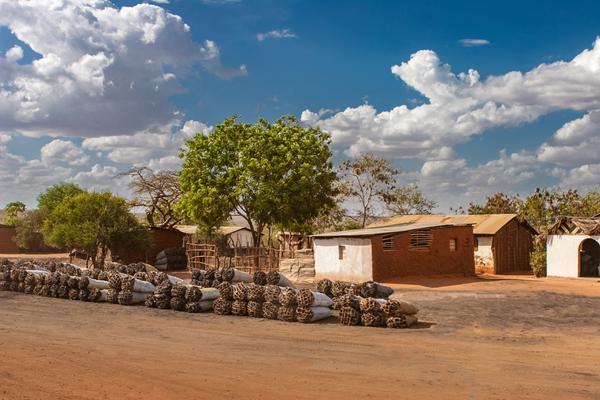
The Nairobi Process
Addressing human rights concerns and standards in East Africa.
Read moreTeam
Meet our Commodities team and learn about their expertise.

